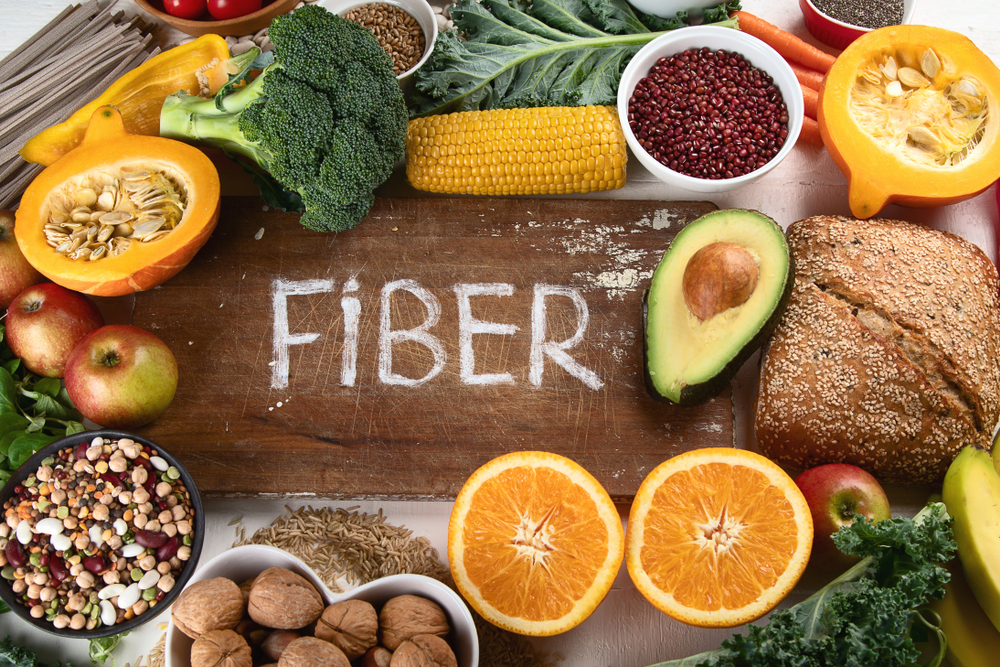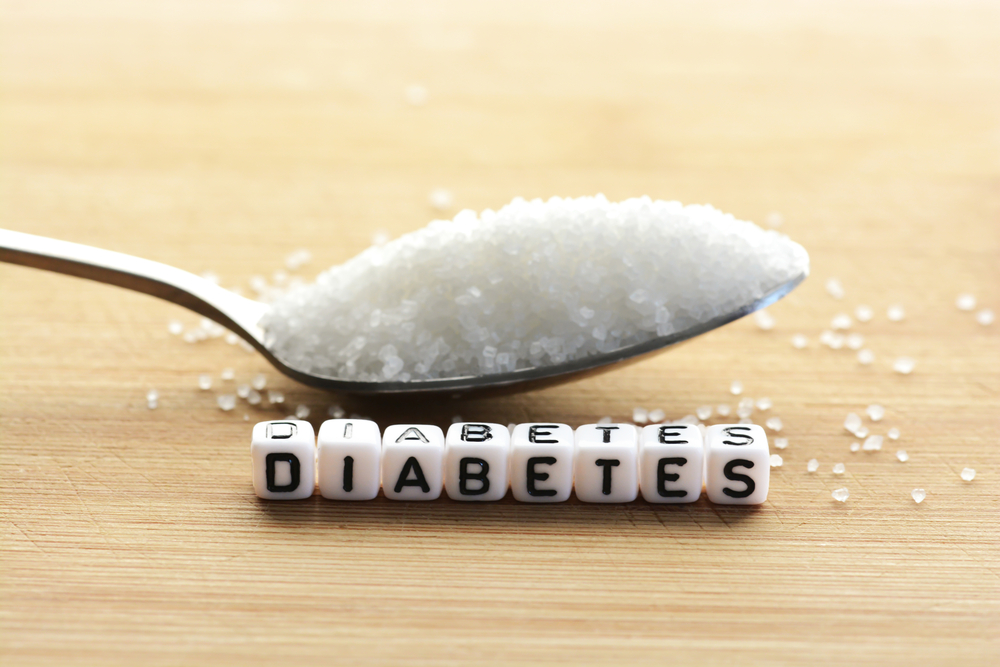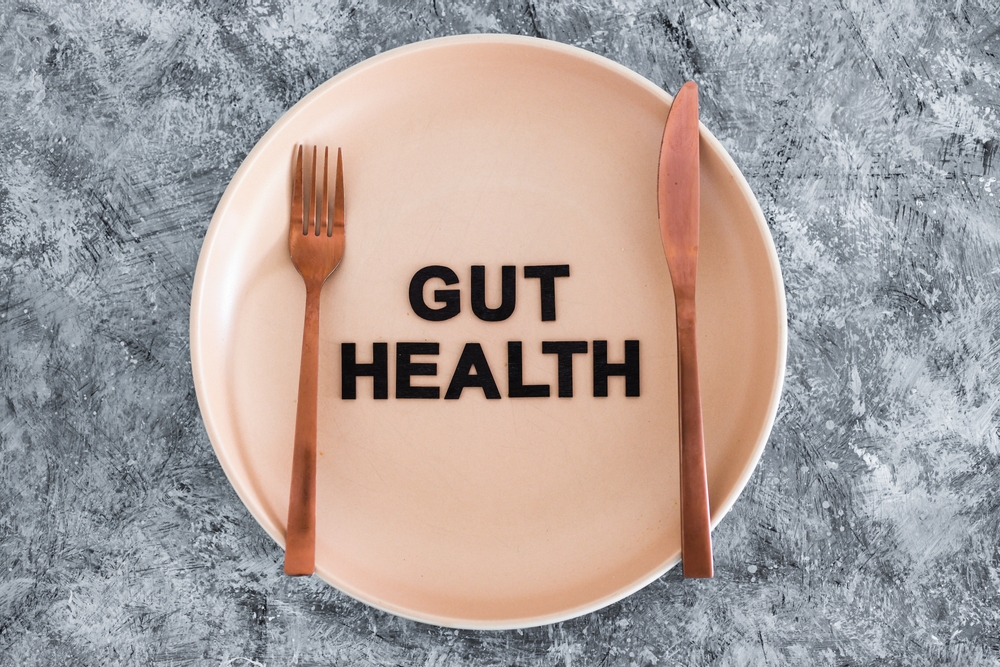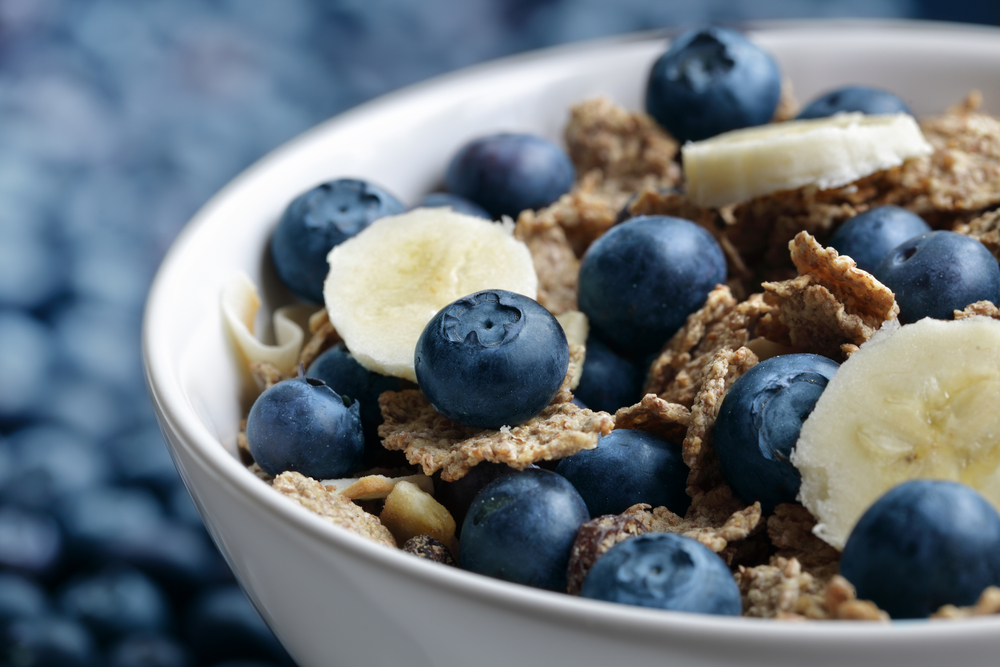As new report reveals two thirds don’t even know how to define dietary fibre
Most Brits can’t pick out the correct definition of dietary fibre, so it’s no wonder that they are missing out a third of the ideal daily fibre intake. That’s according to a new report based on a consumer survey of over 1000 British adults aged 18 to 75+, entitled “Going against the grain,”[1] which lays out the worrying health consequences of the great British fibre gap while providing simple tips and hack to boost roughage in the diet.
“The new report conducted on behalf of General Mills, the maker of FibreOne and based on UK dietary intake data[2] tells us that Brits need to plug the fibre gap if they want to live long and healthy lives,” says Dr Gill Jenkins, a GP with a special interest in diabetes.

While two thirds (65%) of survey respondents thought that the nation was generally eating too little fibre, they were easier on themselves when asked to consider their own diets. Less than half (45%) thought they were falling short while almost four in 10 (38%) thought they were eating the right amount of fibre. But this doesn’t tally with national intake data which shows that fewer than 1 in 10 (9%) reaches the recommended daily target of 30 grams3.
On top of this, most people (74%) surveyed claimed to know what dietary fibre is, but only a third (36%) were able to pick out the correct definition from a list, namely, ‘a type of carbohydrate that humans can’t digest’. As Dr Carrie Ruxton, a dietitian and advisor to the General Mills fibre campaign, points out, “This means that nearly two thirds of Brits have no idea what fibre is.”
Dr Ruxton continues, “This hazy knowledge surrounding dietary fibre intake poses a real public health problem when you consider that poor diets, are responsible for 11 million deaths worldwide and more than 600,000 of these directly relate to low-fibre diets.[3]
The benefits of eating fibre are clear. Dr Jenkins explains: “Fibre helps to manage our blood sugar and blood cholesterol levels. It feeds the good bacteria in our gut, it encourages pathogens and other toxins to move through the digestive system and out of the body, and it prevents overeating by helping us feel fuller after meals.”

She adds, “So it follows that not getting enough fibre throughout adulthood has several major health consequences. Particular areas of concern – when it comes to our huge fibre fail – include having an increased risk of getting type 2 diabetes, cardiovascular disease, or bowel cancer.”
The new survey1 shines a light on Brits’ lack of knowledge about the benefits of fibre and why we all need to get more into our diets.
More than four in 10 adults polled didn’t know that high fibre diets reduce the risk of type 2 diabetes. This is despite a review in the journal, Clinical Excellence for Nurse Practitioners, finding that eating plenty of fibre reduces blood sugar and insulin spikes after meals and helps to lower blood cholesterol levels in people with type 2 diabetes.[4]
Three quarters didn’t know that fibre can lower the risk of heart disease. This is despite a ‘super study’ finding significant reductions in cardiovascular disease when comparing populations with the highest and lowest intakes of dietary fibre.[5]
Seven in ten didn’t know fibre can decrease the risk of bowel cancer. This is despite data published in the British Journal of Nutrition showing that fibre, especially from wholegrains but also from fruit and vegetables, is helpful for reducing the risks of developing a bowel tumour.[6]
“International health and nutrition authorities agree that fibre consumption is linked with a wide range of health benefits,” says Dr Jenkins. Experts say that the major benefits include:

- Better bowel function, which impacts on risk of digestive cancers
- Fat and cholesterol metabolism, which impacts on cardiovascular health
- Glucose ‘blood sugar’ control which impacts on type 2 diabetes risk.[7]
Dr Ruxton comments, “It’s staggering that around one in ten deaths from bowel cancer or heart disease globally are simply due to a lack of fibre – something that could easily be fixed.[8] Increasing fibre by just 10g a day – the equivalent of three servings of fruit – has been shown to reduce the risk of heart disease by 15%[9] and the risk of bowel cancer by 13%.”[10]
This is confirmed by reports from European and UK food scientific bodies who say that getting enough fibre in the diet not only supports normal bowel function but lowers the risk of heart disease, stroke, and type 2 diabetes.[11] [12]
Only a quarter of Brits polled said they get a daily high fibre fix – the best way to get closer to dietary targets. Most are trying to eat high fibre foods a few times a week but around a third say they eat high fibre foods less than once a week. This suggests that fibre is not a priority when people are planning what to eat.
The leading reason for our flagging fibre intakes, according to this new survey, is that around a third of people are not keeping fibre front of mind when doing their food shop.

Dr Ruxton says, “Just one in five (21%) said they prioritised higher fibre varieties of store cupboard staples despite this being one of the best ways to boost fibre in the diet. This means choosing wholegrain breakfast cereals, brown rice and pasta, skin on potatoes, and wholegrain bread and, crucially, knowing how to recognise them in the store. Astonishingly, fibre was dropped as a mandatory declared nutrient on food labels several years ago.”
Dr Jenkins concludes, “The problem isn’t a lack of evidence but a lack of knowledge and communication. So, as a matter of public health importance, we need to encourage everyone to consume more fibre and give them the tools to do that easily within their busy lives.”





